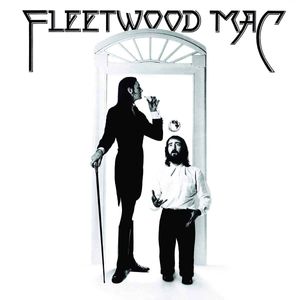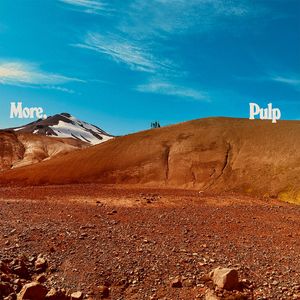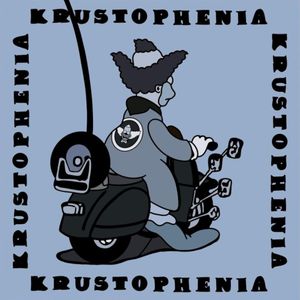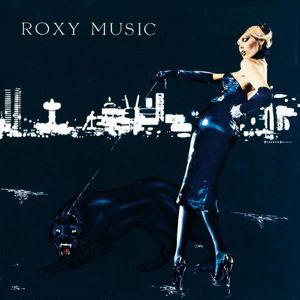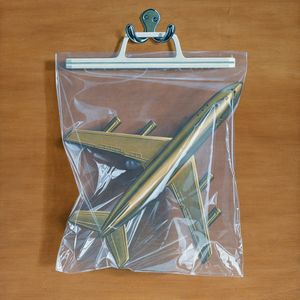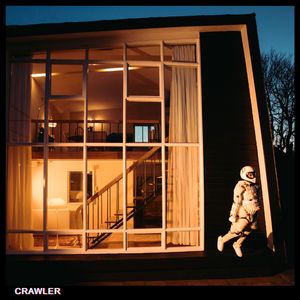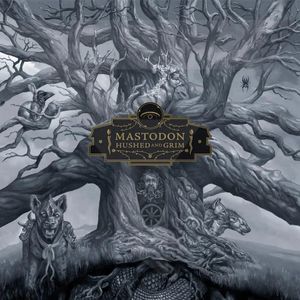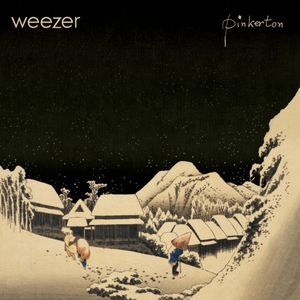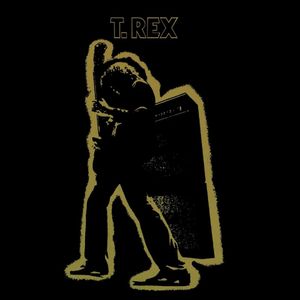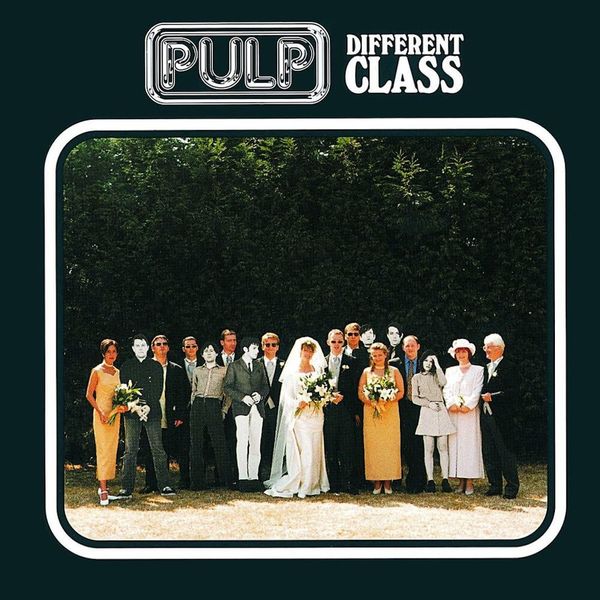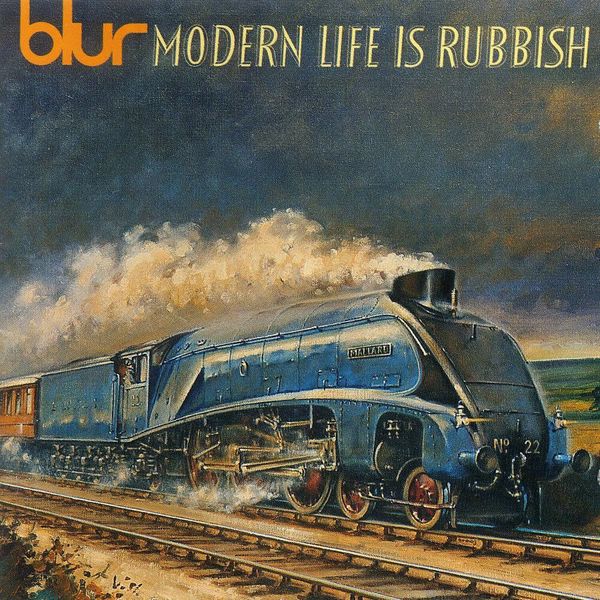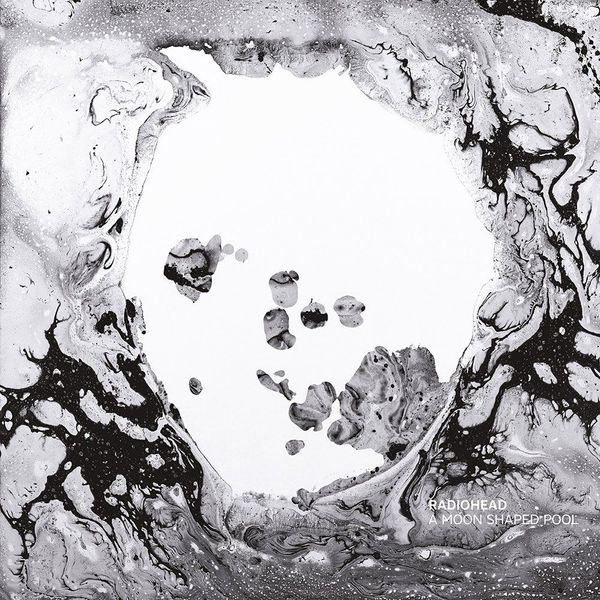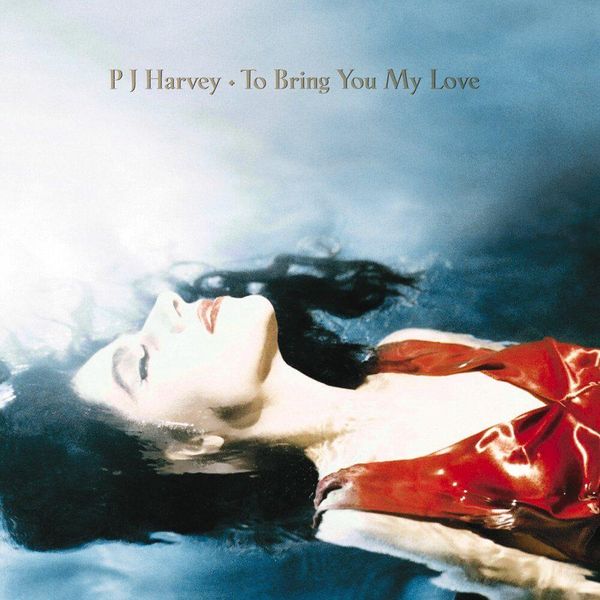OK Computer
Radiohead
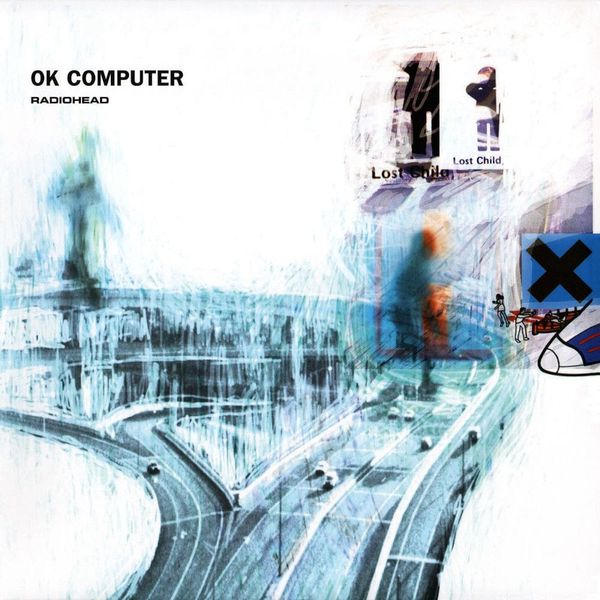

Favourite Tracks
- Paranoid Android
- Let Down
- Exit Music (For a Film)
André
The term ‘timeless’ is often carelessly applied. Music can be eternal in a literal sense, but very rarely does a work have the endurance to live past its own age and move into new realms of significance as it ages. OK Computer is one of these works. This was a life born after The Bends and away from traditional rock and roll, derived instead from a place of anxiety and paranoia that distanced itself from the declining movement of Britpop. A transitional work in the best sense of the word, it was a clinical move into the cold and empirical, before the decisive nosedive into electronica that triggered Kid A.
Each song is a monument in its own right, performed with an artistry that sounds somehow effortless in spite of the album’s musical complexities. While Thom Yorke provides the voice to carry a nervous narrative, a band united in their despondency set the oscillation in motion. Individual excellence never interferes: even “Paranoid Android”, OK Computer’s most ambitious moment, weaves through multiple passages without a display of brandish swagger.
No single component of the record is more important or less significant than another. Jonny Greenwood’s unique guitar work is a true joy to behold, and has been rightly celebrated, but would not be as effective without the rhythmic pulse of Phil Selway, whose choice of pattern and tempo is key in setting the tone to “Karma Police”, “The Tourist”, and “Let Down”. This musical harmony is what makes OK Computer, an album that communicates concern over the synthetic nature of modern culture, such an intriguing and rewarding paradox.
Everything it tries to convey is said literally so on “Fitter Happier”, a turbulent tide of received imagery, signifying society’s troublesome detachment from reality. The album is an agitated reminder that we are all human; each of us insecure, scared, and extremely vulnerable.
The album's release in 1997 captured a moment in time that was somehow ahead of its own. To merely brand it a landmark of the ’90s is a disservice to its insight — OK Computer is as relevant now as ever, both culturally and sonically. The term ‘timeless’ is indeed hastily hurled at works too often, but in the case of OK Computer, there’s no term more appropriate.
Favourite tracks //
- Paranoid Android
- Climbing Up the Walls
- Let Down
Fred
Radiohead’s famed 1997 sedative for the unhappinesses of modern life is as serenely despondant now as it has ever been. This is due in part, presumably, to the unhappinesses of modern life having not changed all that much in the last twenty years, but OK Computer itself endures as pristine music.
The record finds the band at the tail-end of their formative angsty-rock years, and in wicked synergy. Afforded the freedom of self-producing, and with an open deadline — both for the first time — they sound at ease in their unease on OK Computer. The songwriting is effortlessly atypical, hefty portions of the tracks are recorded live, and many of Yorke’s vocals done in one take. The sense of intimacy that results utterly defies the lonely, tightly-wound discontent of the album’s character, to the point that it becomes reassuring to find oneself in the thick of it. No band does alone together quite like Radiohead. While the likes of Blur were sneering ‘modern life is rubbish,’ Radiohead whispered the unpleasant truth: ‘No, you don’t understand, it really is.’
The album’s texture, solemn and cerebral, still sounds like it’s being played for the first time whenever I listen to it. Meticulously ordered, almost (almost) all of the tracks are classics in their own right. “Let Down” and “Karma Police” are particular favourites of mine, but there’s enough quality across the board to echo just about any landfill heart. OK Computer is a pantheon of ’90s music, and a stonking last hurrah of Radiohead’s wry British rock roots before they went all-in weird and wonderful for Kid A. Absolutely essential listening.
Favourite tracks //
- Let Down
- Karma Police
- No Surprises
Andrew
OK Computer has received high critical acclaim since its release, but it isn’t without its critics. Many complain of its pretension, its noisiness, and its lack of memorability, but I find it incredibly hard to relate to these issues, especially the last of the three.
From the first distorted guitar note of “Airbag” to the final percussive strike of “The Tourist”, OK Computer feels like home to me even after years of not listening to it. Every track could be counted as a classic in Radiohead’s catalogue, and it’s clear that the running order for the album had a lot of thought put into it, with the consecutive tracks “Paranoid Android”, “Subterranean Homesick Alien”, and “Exit Music (For a Film)” making for some of the best 15 minutes of modern rock music that you can find.
At a time when Radiohead were making a clear transition from solely ’90s rock to a broader synth soaked sound in their music, the instrumental work across OK Computer is superb. From the clattering, driving energy of “Electioneering”, attributed in part to Phil Selway’s unfaltering drums, to the moody gloom of “Climbing Up the Walls” that relies heavily on its gritty bass synthesiser, there are some wonderful moments of harmony and dissonance. Thom Yorke’s vocals range from haunting delicacy to full strength emotion, presenting some of his best performances in the band’s catalogue.
In short, OK Computer gives the listener a lot to feel. It won’t necessarily be an entirely positive feeling, and will likely prompt some reflection given Yorke’s more abstract, outward looking lyrics on the world, but in doing so takes the listener on an impeccably performed journey with every listen. For me, it never gets old.
Favourite tracks //
- Paranoid Android
- Exit Music (For a Film)
- Subterranean Homesick Alien
